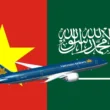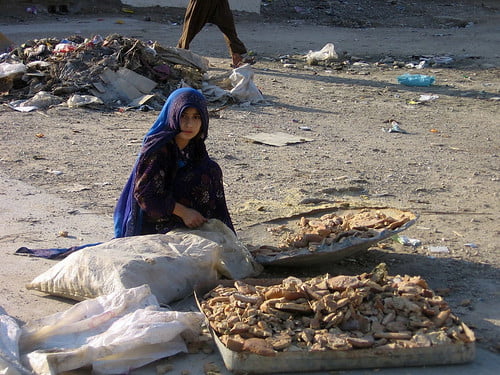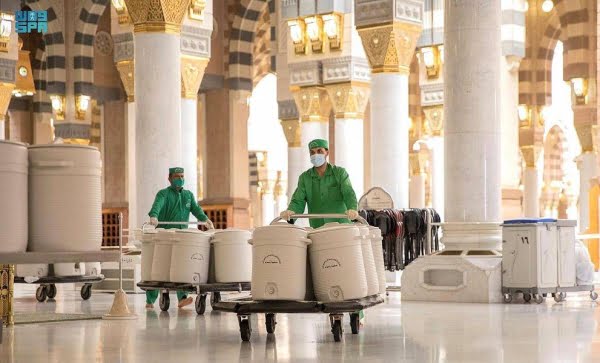As the top United Nations official warned on Monday, millions of Afghans could run out of food before the winter sets in, and not only that, one million children in the country are also at risk of starvation. They could die if their immediate needs are not met.
At a high-level UN conference in Geneva convened to address the crisis, U.N. Secretary-General Antonio Guterres said that the nation’s poverty rate has soared since the Taliban took over last month. Even in recent years, hundreds of people have been made homeless after being forced to flee the fighting.
Mr. Guterres even mentioned that after decades of war and suffering, they face perhaps “their most perilous hour” now. He added that one in three Afghans don’t even know where they will get their next meal.
In a statement to the news media on Monday, Mr. Guterres mentioned that more than $1 billion in pledges had been made at the meeting by the international community, which is still figuring out how to work with organizations like the Taliban that notorious for their brutality and human rights abuses.
The humanitarian disaster that has long overshadowed the country is now a direct threat to its children. Nearly 10 million children rely on humanitarian aid to survive. It is estimated that at least one million children will experience severe acute malnutrition this year and may die without treatment, says Henrietta H. Fore, the executive director of UNICEF.
According to the United Nations, at least $606 million in emergency funds is needed to address the immediate crisis while acknowledging that money will not be enough. The organization also urged the Taliban to provide security assurances to aid workers.
But even as the Taliban sought to make that pledge, the U.N.’s human rights chief, Michelle Bachelet, doubts their sincerity and warns that the Taliban need to use more than words to demonstrate their commitment to aid workers’ safety considering their treatment of women’s rights within the last three weeks is against the assurances.
The UN conference also aims to show the current crisis’s severity and reassure Western governments who are still hesitant to assist.
Subscribe to our channels on WhatsApp, Google News, Facebook and Instagram.Discover more from The Islamic Information
Subscribe to get the latest posts sent to your email.












